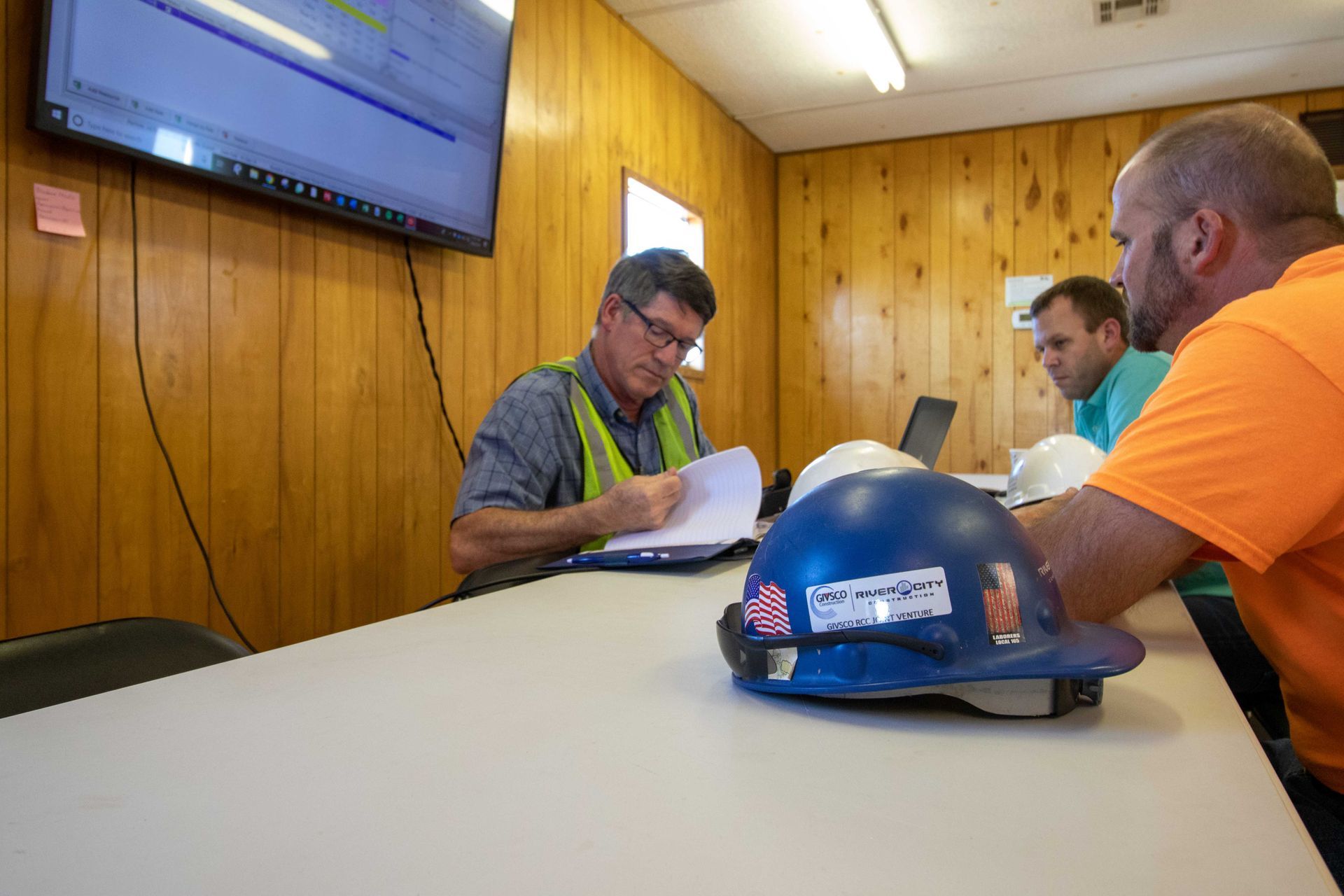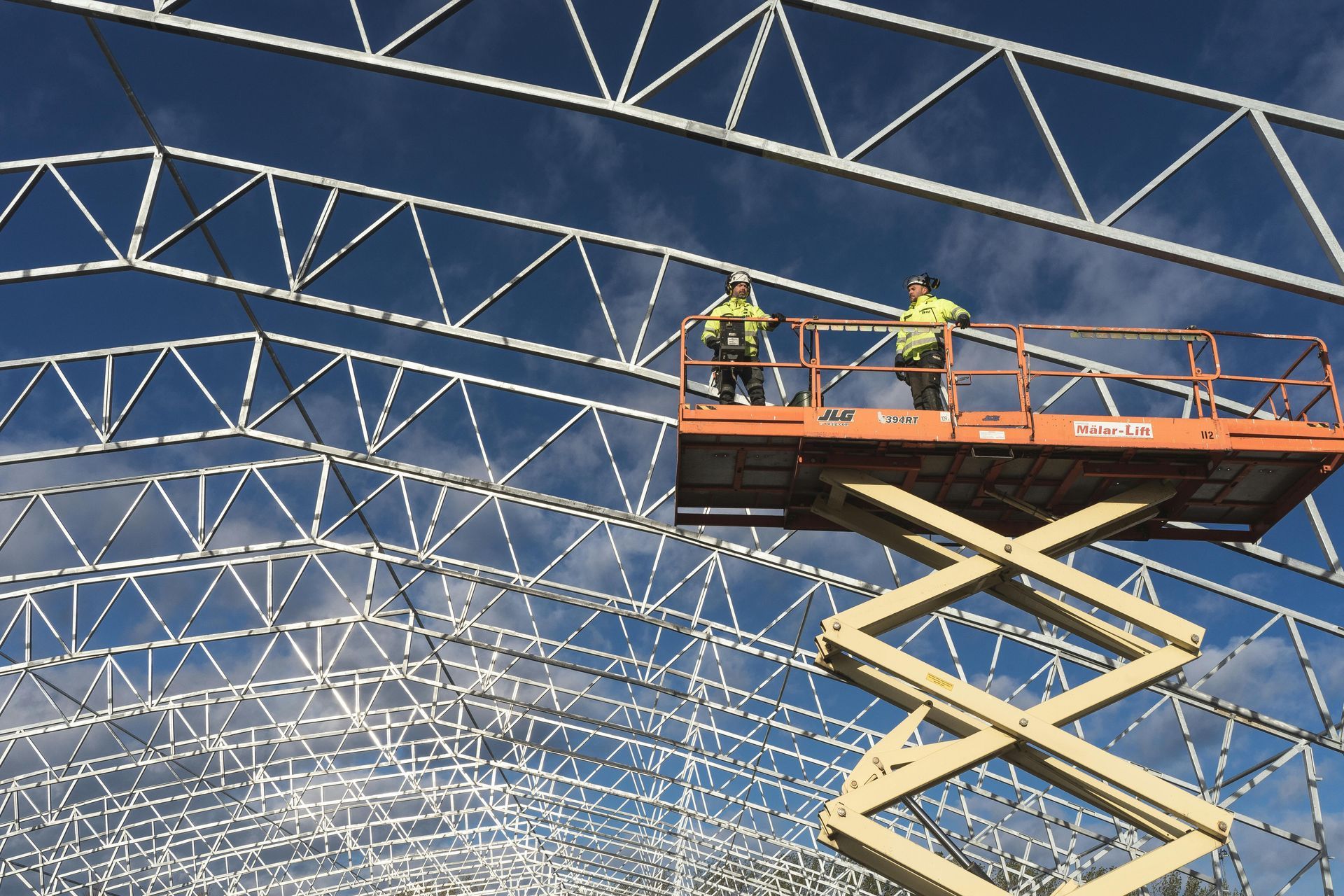The Importance of Quality Control Measures in Construction Projects
Quality control is critical to any construction project, ensuring that the final outcome meets the required standards, specifications, and expectations. For construction companies, implementing robust quality control measures is not just about compliance; it's about building a reputation for reliability, safety, and excellence.
Delve into the importance of quality control measures in construction projects, exploring how they impact safety, cost, timelines, and client satisfaction.
Ensuring Structural Integrity and Safety
One of the foremost reasons for implementing quality control in construction is to ensure the safety and structural integrity of the building. Construction projects, by their nature, involve significant risks, from foundational work to finishing touches. Even minor errors can lead to catastrophic failures, compromising the safety of occupants and workers.
Quality control measures help identify and correct these errors early, reducing the likelihood of safety issues. Regular inspections, material testing, and adherence to design specifications ensure that every aspect of the project aligns with safety standards. This vigilance prevents accidents during construction and safeguards the structure's long-term durability.
Reducing Rework and Saving Costs
Rework due to poor quality can significantly impact a project's overall cost. Errors that are not identified and corrected in time can lead to extensive repairs, material wastage, and labor costs, all of which can erode profit margins. Quality control measures are designed to catch mistakes early, whether through routine inspections, quality audits, or material checks.
Quality control minimizes rework, helping projects stay within budget and on schedule. This proactive approach saves money, time, and resources, allowing construction companies to deliver projects more efficiently. The reduced need for corrections also improves project timelines, helping contractors meet deadlines and avoid costly delays.
Enhancing Client Satisfaction and Trust
Clients invest significant time and money into construction projects, expecting a final product that meets their vision and quality standards. Quality control measures are essential in ensuring that these expectations are met. By consistently delivering high-quality work, construction companies build a reputation for reliability and craftsmanship.
Regular updates, inspections, and adherence to quality standards demonstrate a commitment to excellence, enhancing client trust. Satisfied clients are more likely to become repeat customers and provide positive referrals, which are invaluable for growing a construction business. Quality control, therefore, is not just about meeting technical standards but also about fostering long-term client relationships.

Compliance with Regulatory Standards
Construction projects are subject to various regulations and standards, from local building codes to industry-specific guidelines. Failure to comply with these regulations can result in penalties, project shutdowns, and legal liabilities. Quality control measures ensure that all aspects of the project align with the required standards, helping construction companies avoid these costly pitfalls.
Quality control teams verify that materials, quality, and overall construction practices meet the prescribed standards; this includes checking for compliance with safety codes, environmental regulations, and contractual obligations.
Companies can avoid regulatory issues that could otherwise derail a project by adhering to these standards.
Improving Project Efficiency
Effective quality control measures streamline construction by establishing clear guidelines for each project phase. These plans outline the specific checks and inspections required at each stage, ensuring the project progresses smoothly. This organized approach reduces confusion, miscommunication, and delays, allowing teams to work more efficiently.
Quality control also plays a crucial role in maintaining the flow of work. By verifying that each phase meets the necessary quality standards before proceeding, construction companies can prevent downstream issues that could disrupt the entire project. This systematic approach to quality management helps keep the project on track, enhancing overall efficiency.
Protecting the Company's Reputation
In the construction industry, reputation is everything. A company that delivers high-quality projects is more likely to secure new contracts and grow its client base. Conversely, companies that neglect quality control risk damaging their reputation, which can have long-term consequences for their business.
Strong quality control measures showcase a commitment to excellence and a dedication to delivering value. Projects adhering to high standards become a testament to the company's capabilities, serving as powerful marketing tools. Quality control, therefore, is not just a technical necessity but a strategic investment in the company's brand and future success.

Work With Thomas D. Wilson Consulting
Quality control measures are indispensable in construction, influencing every aspect of a project, from safety and cost to client satisfaction and compliance. By prioritizing quality, construction companies can mitigate risks, enhance efficiency, and build structures that stand the test of time.
Contact Thomas D. Wilson Consulting today to begin planning your construction project!
Ready to Experience a Different Kind of Construction Scheduling?
Request an initial consultation on your project.


Navigation
| Thomas D. Wilson Consulting, Inc.
(314) 918-0210 | tom@tdwilson.com |
1750 S Brentwood Blvd, Suite 307, Brentwood, MO 63144




